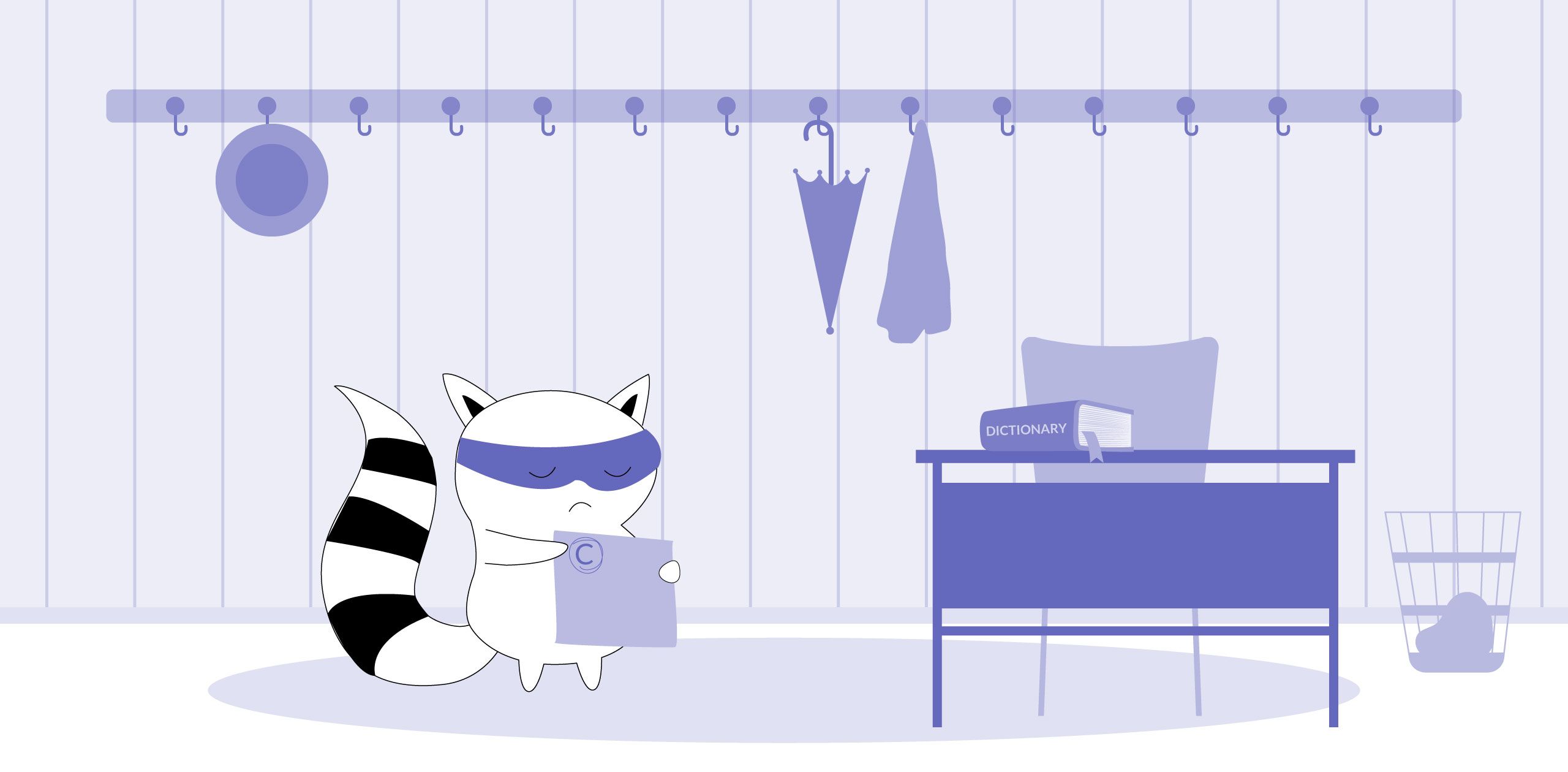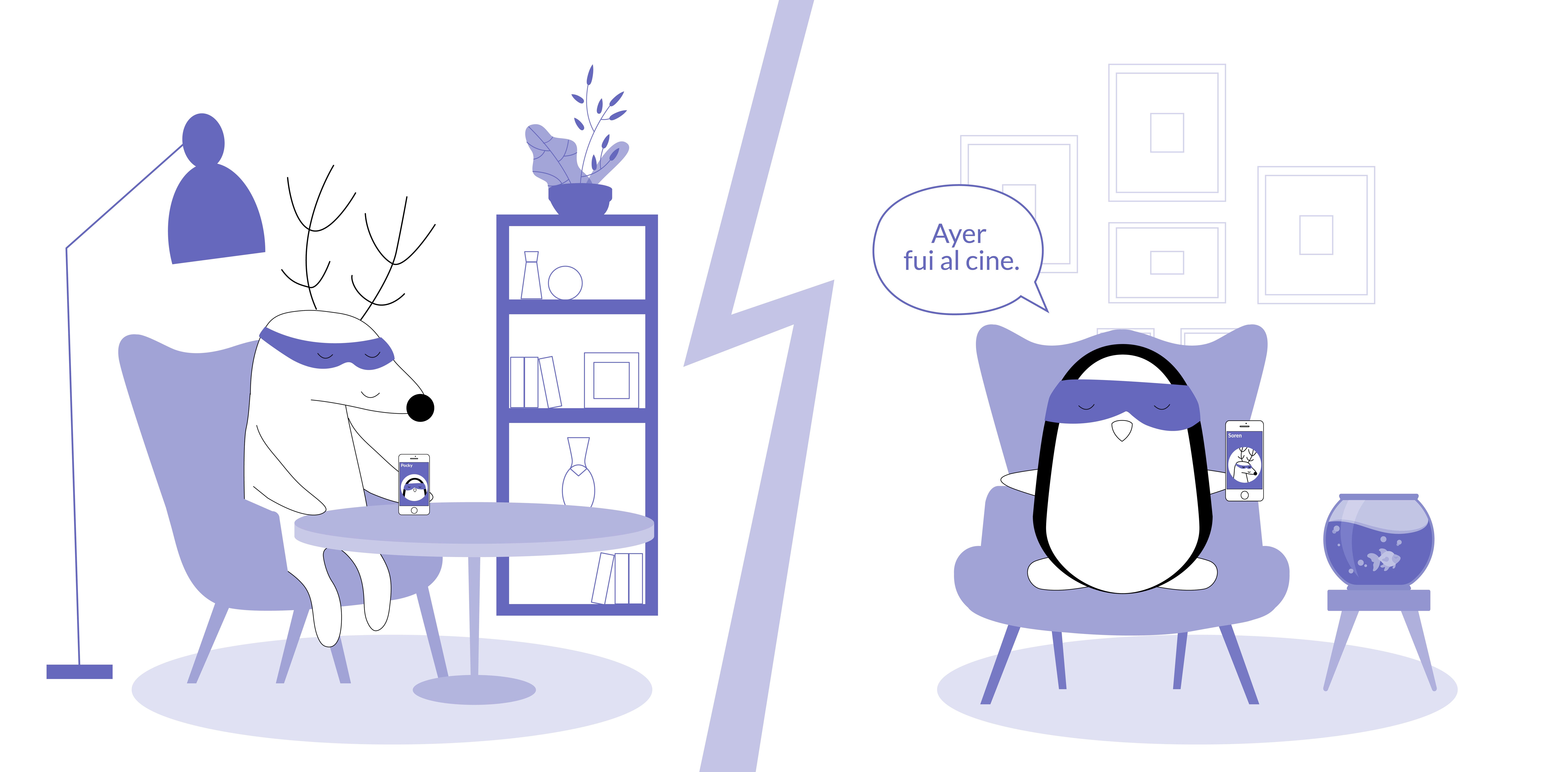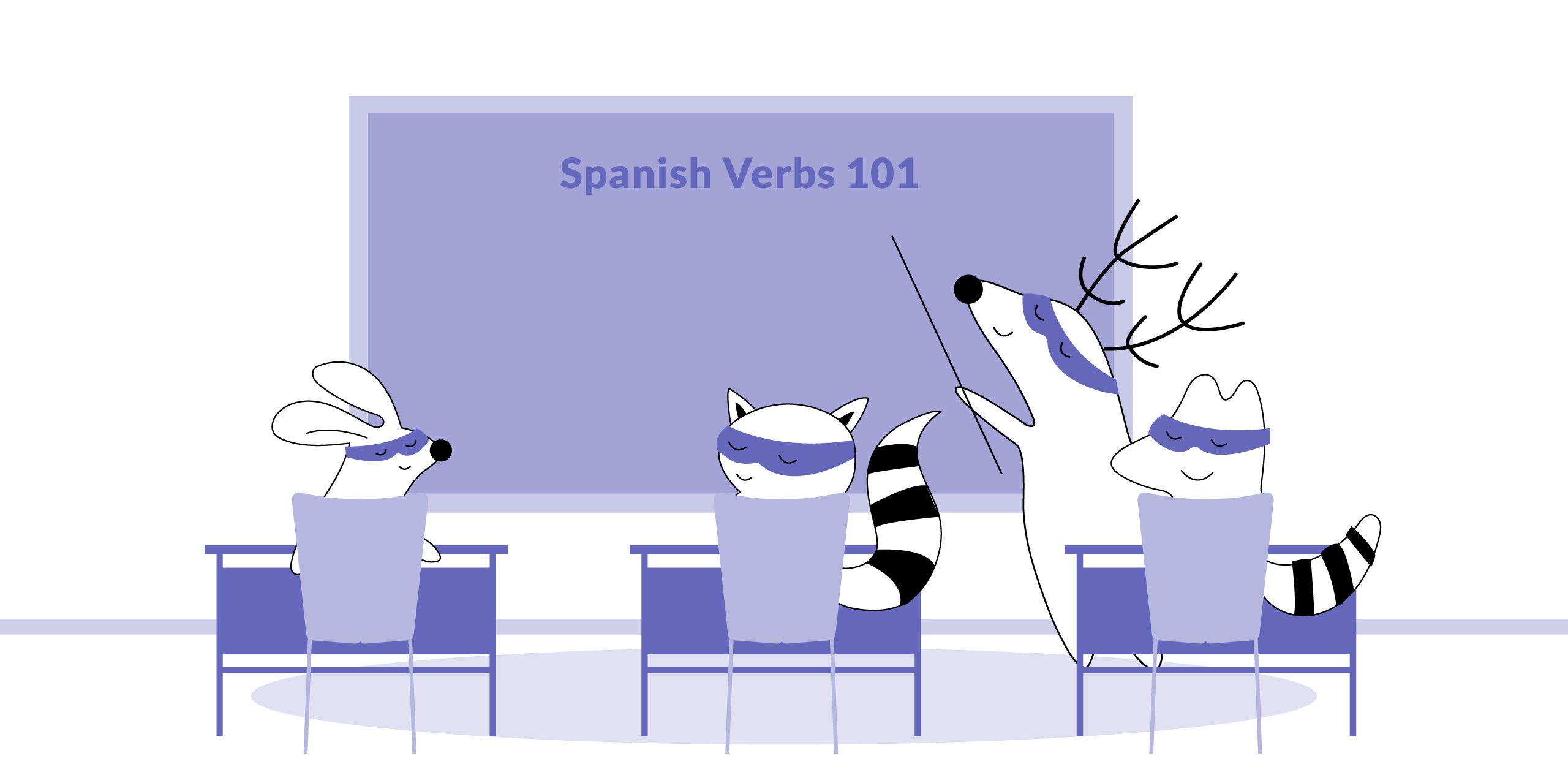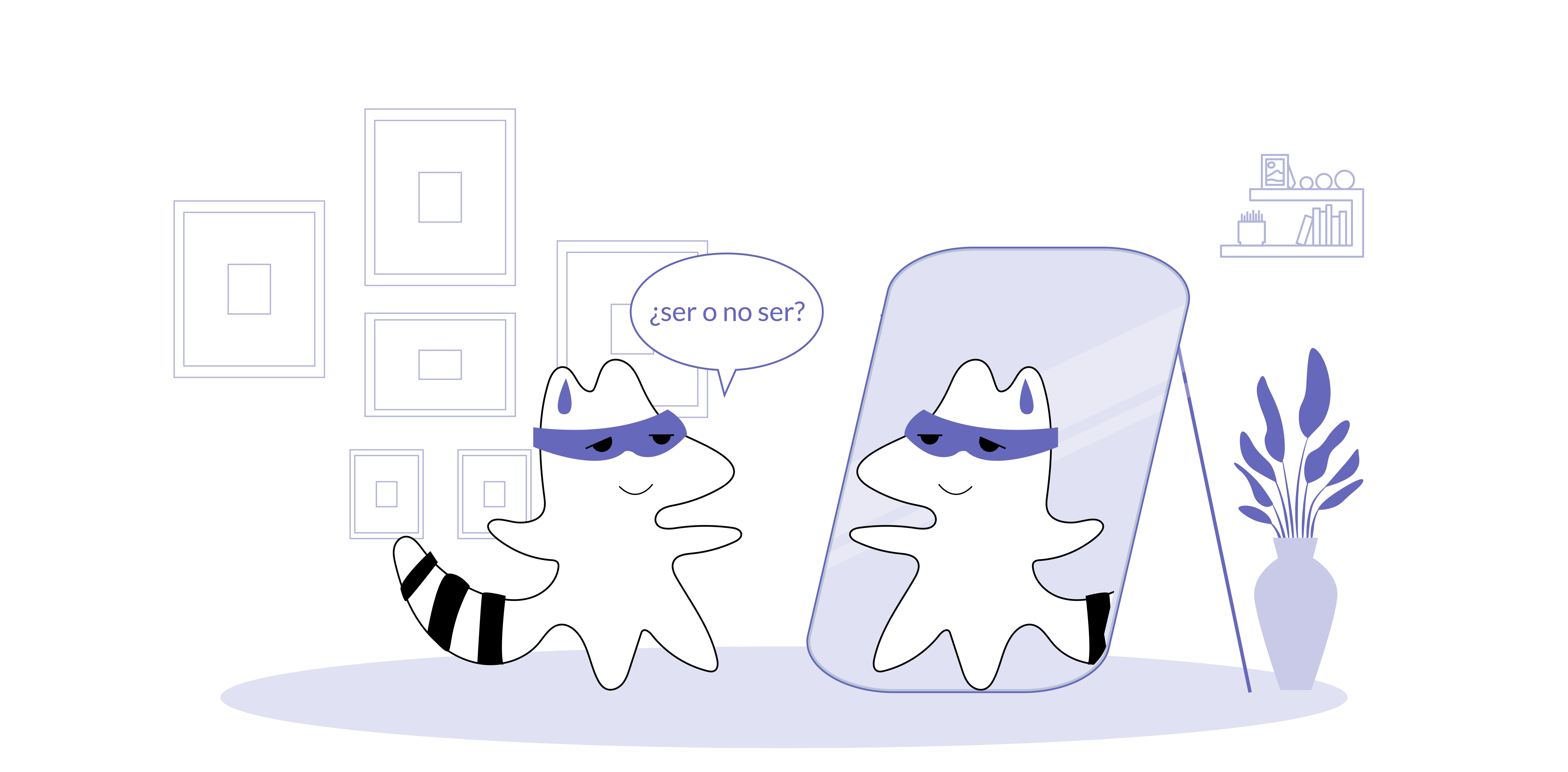
If you're diving into the Spanish language, you will soon come across the verb ser. One of the two Spanish verbs that mean "to be" (alongside estar), ser is an essential powerhouse verb in the language. Understanding its various forms and usages will open a world of conversation and expression for you.
Let's break down the different conjugations of ser across various tenses and moods, helping you effectively ingrain this fundamental verb into your memory. Whether you're a beginner or looking to polish your skills, with this ser conjugation chart, you'll improve your Spanish grammar in a heartbeat.
Learn Spanish with Langster
Understanding Ser and Its Significance in Spanish
Ser is a vital verb used to describe inherent characteristics, identity, origin, and time. It's also commonly used to express possession, profession, and relationship, among other uses.
estar, which is used for conditions and locations, ser implies a more permanent state. For example, while the auxiliary verb estar could be used to describe how someone is feeling (temporary), ser would be used to describe someone's essential characteristics or beliefs (permanent).
Let's grasp its full potential by diving into the conjugations for ser across different pronouns and various tenses.
Simple Present Tense
When you use the Spanish verb ser in the present tense, you are often describing permanent states of being or traits that define who we are.
Let's have a look at this Spanish verb conjugation in detail:
| Yo | I | Soy |
| Tú | You informal | Eres |
| Él, Ella, Usted | He, she, you formal | Es |
| Nosotros, nosotras | We | Somos |
| Vosotros, vosotras | You all archaic, used in Spain | Sois |
| Ellos, ellas, ustedes | They, you all formal | Son |
| Yo | I | Soy |
| Tú | You informal | Eres |
| Él, Ella, Usted | He, she, you formal | Es |
| Nosotros, nosotras | We | Somos |
| Vosotros, vosotras | You all archaic, used in Spain | Sois |
| Ellos, ellas, ustedes | They, you all formal | Son |
Examples:
Spanish
English
Mi hermano es alto.
My brother is tall.
Tú eres paciente.
You are patient.
El coche es nuevo.
The car is new.
Preterite Tense

Diving into the Spanish past tenses, we encounter preterite — a tense that captures the essence of events locked in the timeline of yesterday, explaining situations that are complete and no longer in flux.
The preterite tense may seem like a mere collection of endings and verb forms, but it's truly the key to bringing the stories of your past to life in Spanish. Think of ser in the preterite tense as a snapshot of a moment long passed, describing who you were or what constituted reality at a specific, isolated point in time.
It's much like painting a picture; with each stroke — or, in our case, conjugation — you add layers of depth to the narrative of bygone days.
| Yo | I | Fui |
| Tú | You informal | Fuiste |
| Él, Ella, Usted | He, she, you formal | Fue |
| Nosotros, nosotras | We | Fuimos |
| Vosotros, vosotras | You all | Fuisteis |
| Ellos, ellas, ustedes | They, you all formal | Fueron |
| Yo | I | Fui |
| Tú | You informal | Fuiste |
| Él, Ella, Usted | He, she, you formal | Fue |
| Nosotros, nosotras | We | Fuimos |
| Vosotros, vosotras | You all | Fuisteis |
| Ellos, ellas, ustedes | They, you all formal | Fueron |
Examples:
Spanish
English
Juan fue a la fiesta ayer.
Juan went to the party yesterday.
Tú fuiste mi amor.
You were my love.
Imperfect Tense
Ser in the imperfect tells us about conditions or situations that were habitual or descriptions that set the scene in the past, such as past routines, settings, and recurring states of being.
Let’s analyze how to conjugate ser in the imperfect tense:
| Yo | I | Era |
| Tú | You informal | Eras |
| Él, Ella, Usted | He, she, you formal | Era |
| Nosotros, nosotras | We | Éramos |
| Vosotros, vosotras | You all | Erais |
| Ellos, ellas, ustedes | They, you all formal | Eran |
| Yo | I | Era |
| Tú | You informal | Eras |
| Él, Ella, Usted | He, she, you formal | Era |
| Nosotros, nosotras | We | Éramos |
| Vosotros, vosotras | You all | Erais |
| Ellos, ellas, ustedes | They, you all formal | Eran |
Examples:
Spanish
English
De niña, era muy callada.
As a child, she was very quiet.
Tú eras mi mejor amigo.
You were my best friend.
Future Tense
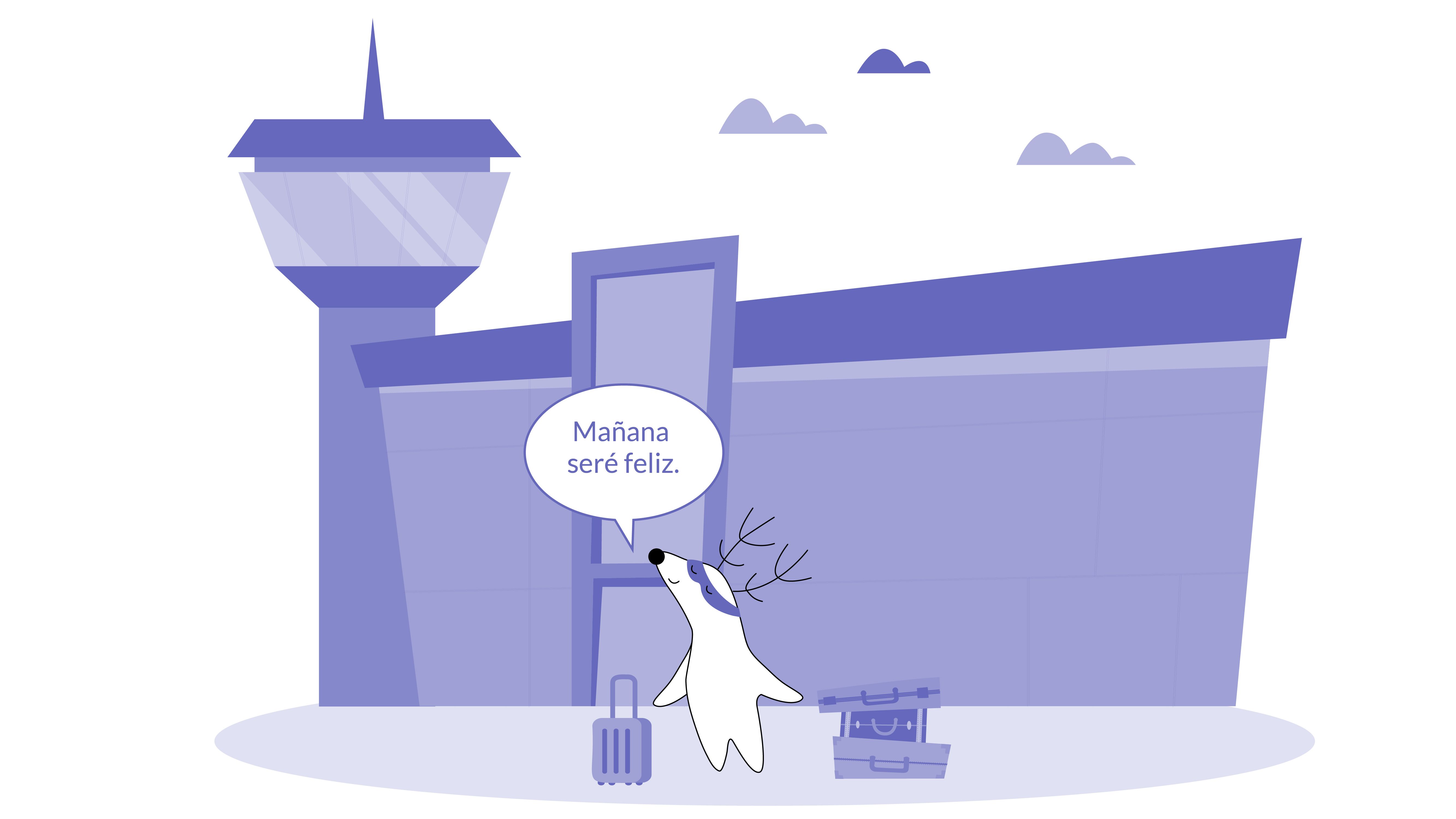
Venturing forward into the realm of the future tense, we encounter a world of possibilities and promises yet to be fulfilled.
Armed with the future tense of ser, you'll be able to express expectations, make predictions, or talk about upcoming events with ease. So, are you ready to explore how ser conjugations can help shape your future conversations?
| Yo | I | Seré |
| Tú | You informal | Serás |
| Él, Ella, Usted | He, she, you formal | Será |
| Nosotros, nosotras | We | Seremos |
| Vosotros, vosotras | You all | Seréis |
| Ellos, ellas, ustedes | They, you all formal | Serán |
| Yo | I | Seré |
| Tú | You informal | Serás |
| Él, Ella, Usted | He, she, you formal | Será |
| Nosotros, nosotras | We | Seremos |
| Vosotros, vosotras | You all | Seréis |
| Ellos, ellas, ustedes | They, you all formal | Serán |
Examples:
Spanish
English
El próximo presidente será elegido el año que viene.
The next president will be elected next year.
Tú serás feliz.
You will be happy
Seremos compañeras de cuarto.
We will be roommates.
Conditional Simple
Have you ever found yourself pondering possibilities or musing over what might have been? That's where the Conditional Simple tense of ser comes into play. It's the tense that allows us to express what we would do or what would be under certain circumstances.
The conditional simple of ser is quite straightforward, as it involves a single set of endings regardless of the subject. The good news? It's the same for all -er, -ir, and -ar verbs! So, once you learn it for ser, you'll unlock a new level of expression for a whole range of Spanish verbs.
Here are the conjugations along with some examples that show ser in action:
| Yo | I | Sería |
| Tú | You informal | Serías |
| Él, Ella, Usted | He, she, you formal | Sería |
| Nosotros, nosotras | We | Seríamos |
| Vosotros, vosotras | You all | Seríais |
| Ellos, ellas, ustedes | They, you all formal | Serían |
| Yo | I | Sería |
| Tú | You informal | Serías |
| Él, Ella, Usted | He, she, you formal | Sería |
| Nosotros, nosotras | We | Seríamos |
| Vosotros, vosotras | You all | Seríais |
| Ellos, ellas, ustedes | They, you all formal | Serían |
Examples:
Spanish
English
Todo sería perfecto.
Everything would be perfect.
¿Tú serías feliz viviendo allí?
Would you be happy living there?
Nosotros seríamos mejores si practicáramos más.
We would be better if we practiced more.
Present Perfect Tense
Let's take a moment to appreciate the present perfect tense. Think of it as a bridge connecting the past and the present, offering a lens through which we can view actions or states of being that began in the past and still hold true now.
It's a versatile and telling aspect of the Spanish language that adds richness to your conversations, and it's surprisingly easy to master with a bit of practice. Here's how ser fits into this essential, descriptive tense:
| Yo | I | He sido |
| Tú | You informal | Has sido |
| Él, Ella, Usted | He, she, you formal | Ha sido |
| Nosotros, nosotras | We | Hemos sido |
| Vosotros, vosotras | You all | Habéis sido |
| Ellos, ellas, ustedes | They, you all formal | Han sido |
| Yo | I | He sido |
| Tú | You informal | Has sido |
| Él, Ella, Usted | He, she, you formal | Ha sido |
| Nosotros, nosotras | We | Hemos sido |
| Vosotros, vosotras | You all | Habéis sido |
| Ellos, ellas, ustedes | They, you all formal | Han sido |
Examples:
Spanish
English
Nunca he sido un gran fan de los deportes.
I've never been a big sports fan.
Han sido los mejores días de mi vida.
These have been the best days of my life.
Past Perfect Tense
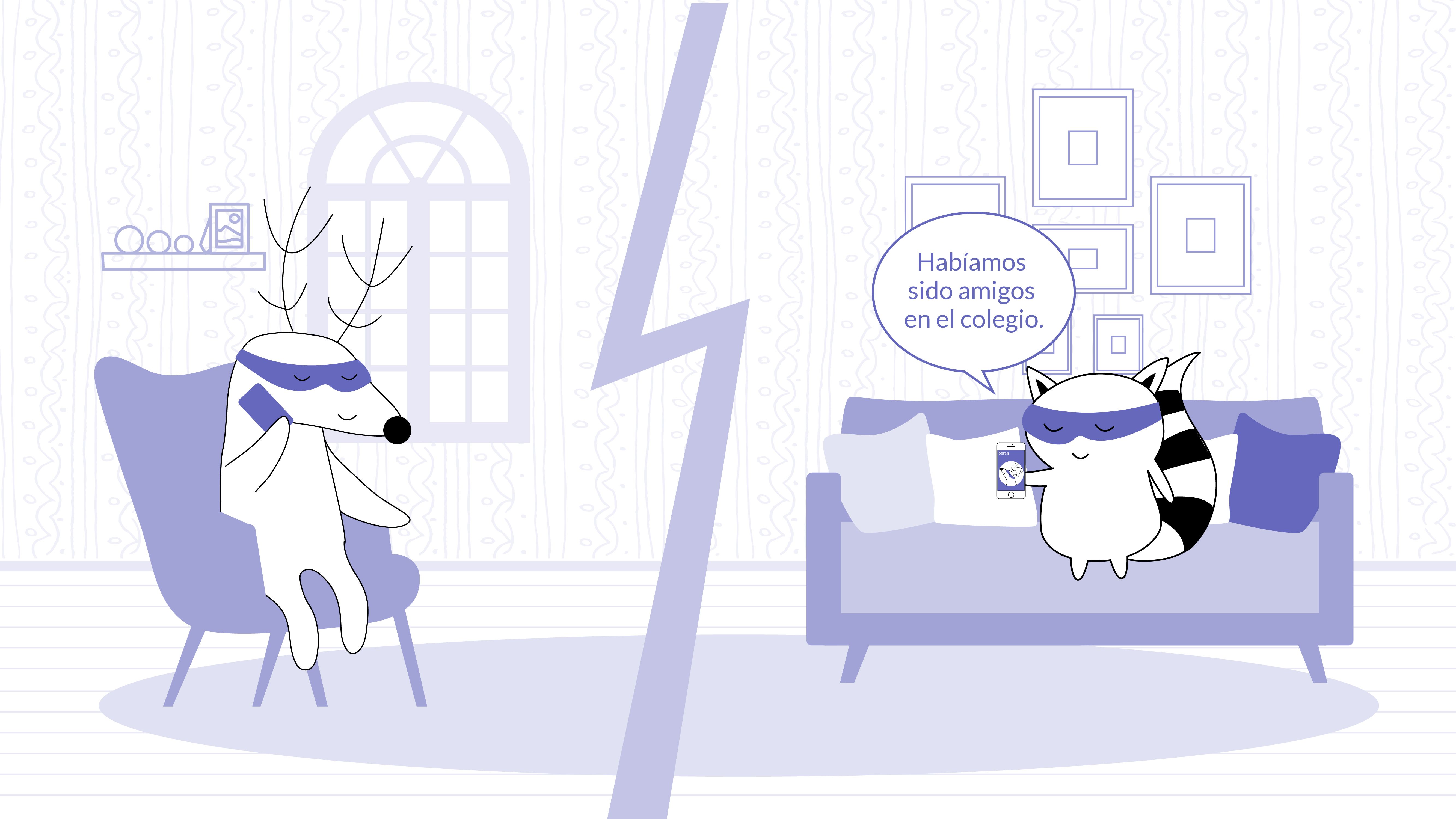
This tense, in Spanish called the pretérito pluscuamperfecto, is your narrative time machine, allowing you to speak of events that had occurred before another point in the past.
Embrace the “had been” of the Spanish language to reveal the depth of past experiences with serenity and expertise. Here's how ser is woven into the tapestry of the Pretérito Pluscuamperfecto:
| Yo | I | Había sido |
| Tú | You informal | Habías sido |
| Él, Ella, Usted | He, she, you formal | Había sido |
| Nosotros, nosotras | We | Habíamos sido |
| Vosotros, vosotras | You all | Habíais sido |
| Ellos, ellas, ustedes | They, you all formal | Habían sido |
| Yo | I | Había sido |
| Tú | You informal | Habías sido |
| Él, Ella, Usted | He, she, you formal | Había sido |
| Nosotros, nosotras | We | Habíamos sido |
| Vosotros, vosotras | You all | Habíais sido |
| Ellos, ellas, ustedes | They, you all formal | Habían sido |
Examples:
Spanish
English
Antes de conocerte, había sido solitario.
Before I met you, I had been lonely.
¿Tú habías sido profesor antes de dedicarte a la escritura?
Had you been a teacher before you dedicated yourself to writing?
Nosotros habíamos sido amigos por años cuando sucedió el incidente.
We had been friends for years when the incident happened.
Subjunctive Perfect Tense
Ever pondered how to express a past action that you wish had been different? Look no further than the subjunctive perfect tense — a mood that allows us to talk about actions or states of being in the past with an added layer of emotion.
It's perfect for expressing regrets, hypothetical situations, or even polite requests!
| Yo | I | Haya sido |
| Tú | You informal | Hayas sido |
| Él, Ella, Usted | He, she, you formal | Haya sido |
| Nosotros, nosotras | We | Hayamos sido |
| Vosotros, vosotras | You all | Hayáis sido |
| Ellos, ellas, ustedes | They, you all formal | Hayan sido |
| Yo | I | Haya sido |
| Tú | You informal | Hayas sido |
| Él, Ella, Usted | He, she, you formal | Haya sido |
| Nosotros, nosotras | We | Hayamos sido |
| Vosotros, vosotras | You all | Hayáis sido |
| Ellos, ellas, ustedes | They, you all formal | Hayan sido |
Examples:
Spanish
English
Ojalá haya sido una buena experiencia para ti.
I hope it was a good experience for you.
No creo que ella haya sido consciente de las consecuencias.
I don't think she was aware of the consequences.
Me gustaría que tú hayas sido más directo conmigo desde el principio.
I wish you had been more upfront with me from the beginning.
Conditional Perfect
Curiosity piqued? Let's dive into the Condicional Perfecto — think of it as the Spanish equivalent of ”would have been.” It's the tense you resort to when pondering the outcomes of past situations had circumstances been different.
Master this form, and you embrace the full spectrum of “what could have been” in your Spanish linguistic toolset.
| Yo | I | Habría sido |
| Tú | You informal | Habrías sido |
| Él, Ella, Usted | He, she, you formal | Habría sido |
| Nosotros, nosotras | We | Habríamos sido |
| Vosotros, vosotras | You guys | Habríais sido |
| Ellos, ellas, ustedes | They, you all | Habrían sido |
| Yo | I | Habría sido |
| Tú | You informal | Habrías sido |
| Él, Ella, Usted | He, she, you formal | Habría sido |
| Nosotros, nosotras | We | Habríamos sido |
| Vosotros, vosotras | You guys | Habríais sido |
| Ellos, ellas, ustedes | They, you all | Habrían sido |
Examples:
Spanish
English
Si hubiéramos estudiado más, habríamos sido aceptados en la universidad.
If we had studied more, we would have been accepted to the university.
¿Te imaginas cómo habría sido si nos hubiéramos conocido antes?
Can you imagine how things would have been if we had met earlier?
Tú habrías sido un gran líder si hubieras tenido la oportunidad de demostrarlo.
You would have been a great leader if you had the chance to prove it.
The Bottom Line
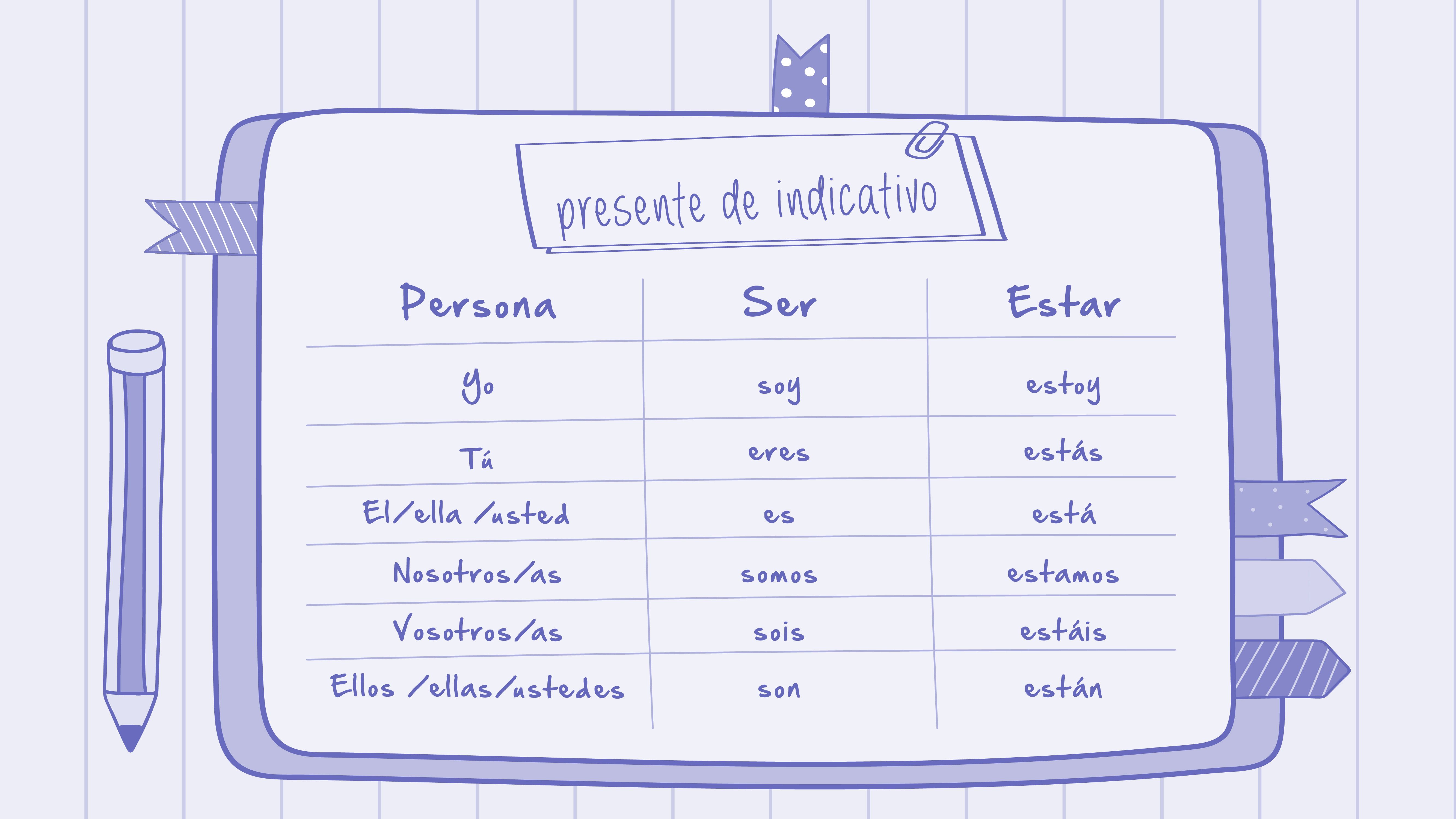
These are just a few examples of the many tenses and moods in which ser can be conjugated. Practicing with different pronouns across various common contexts will help you solidify your understanding and usage of ser in your Spanish conversations.
Remember, learning a language is a journey; don't be afraid to make mistakes as you navigate your path to fluency by using apps such as Langster. Embrace every learning opportunity, and soon enough, you'll be using ser and other Spanish verbs with confidence!
Learn Spanish with Langster







